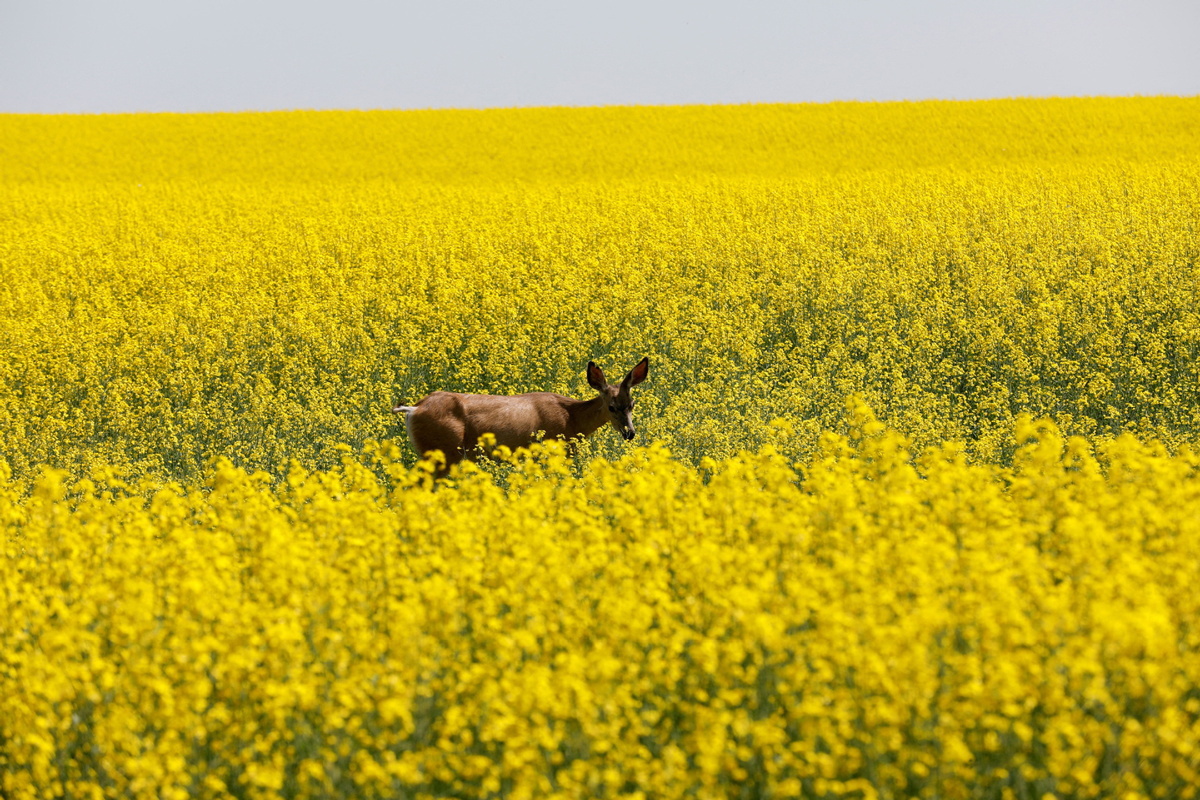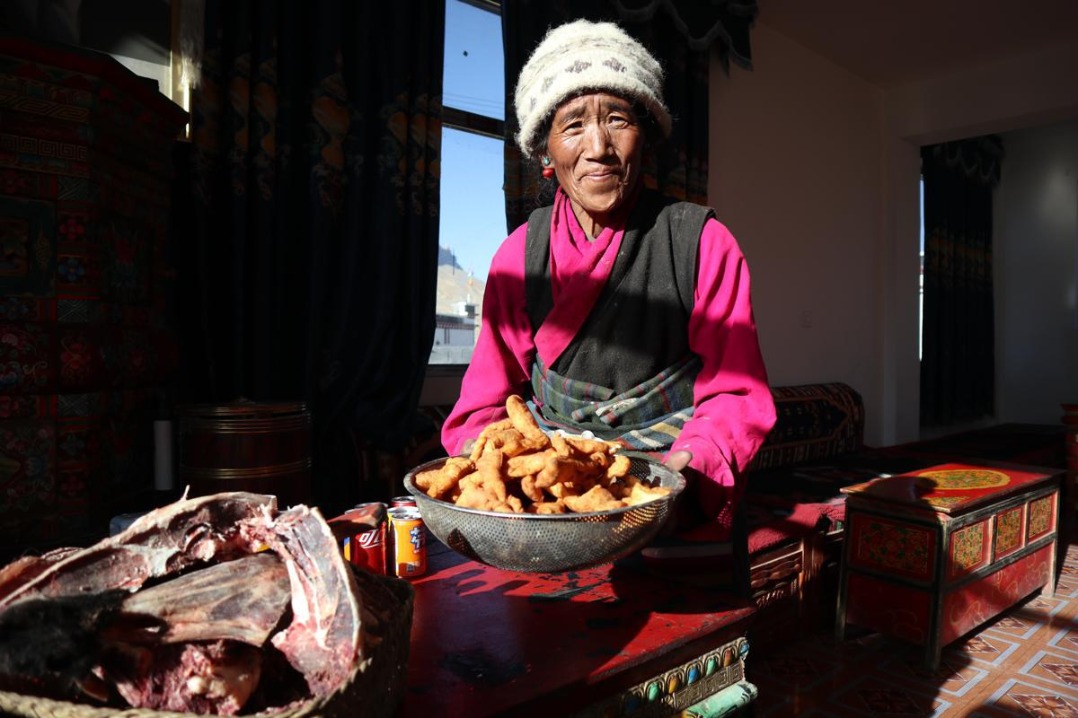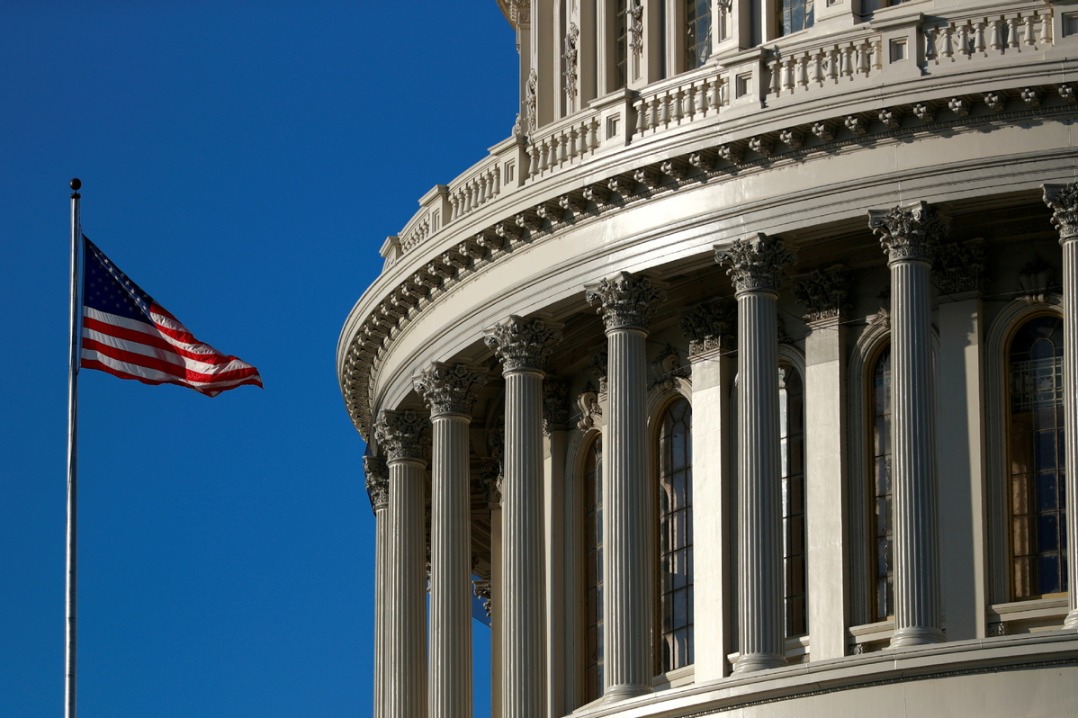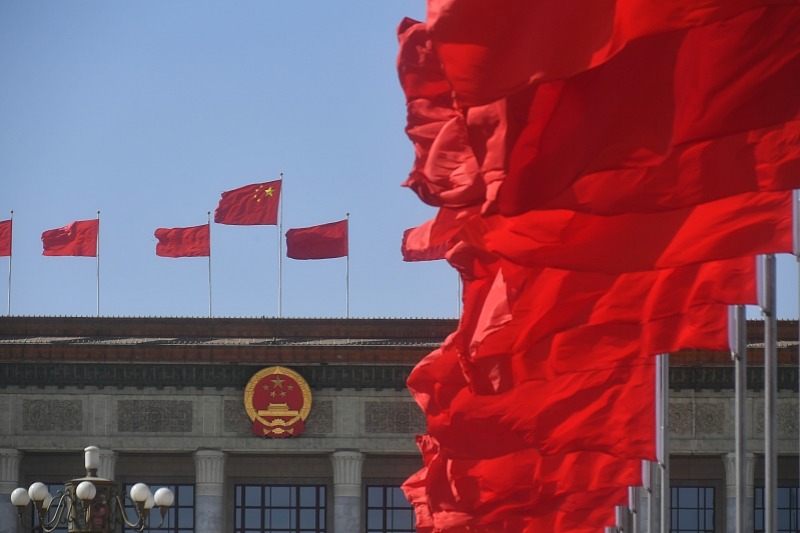Canada should look to itself for its canola woes: China Daily editorial


The Ministry of Commerce announced preliminary antidumping duties on Canadian canola imports on Tuesday last week, with the provisional rate set at 75.8 percent, which became effective two days later.
Although some claimed this move serves to escalate the year-long trade dispute between the two countries, which began with Ottawa's arbitrary imposition of a 100 percent tariff on imports of Chinese-made electric vehicles last August, China has enough reasons to do so according to the law, and the findings of an antidumping probe launched in September last year.
China also filed a lawsuit against Canada for its restrictive import measures on steel and other products at the World Trade Organization on Friday last week, which was triggered by the Canadian side's ill-advised trade policies. Canada has disregarded WTO rules by implementing steel tariff-rate quotas and imposing discriminatory tariffs on products containing so-called "Chinese steel content", in spite of the Chinese side's strong dissatisfaction and resolute opposition.
Canada's restrictive trade measures on Chinese-made EVs and products containing "Chinese steel content" constitute a typical example of unilateralism and trade protectionism. Such measures harm China's legitimate rights and interests, hurt the otherwise stable Sino-Canadian trade relations, and disrupt the stability of the global industry and supply chains. That leaves China no choice but to take legitimate and justified means to safeguard its core interests.
Canada exported almost C$5 billion ($3.64 billion) of its oilseed crop to China in 2024. But the new duty rate set by China effectively closes the Chinese market to Canadian exports of the agriproduct, as Canola Council of Canada President Chris Davison said. Aware of the impacts on Canadian farmers, the Canadian government issued a statement immediately after China announced its preliminary antidumping duties on Canadian canola, declaring that the country "is committed to ensuring fair market access for our canola industry and we remain ready to engage in constructive dialogue with Chinese officials to address our respective trade concerns".
It is good to hear the Canadian government say that it remains open to dialogue to try and settle the trade disputes. But it should reflect on the root causes of the strained economic ties between the two countries rather than feel "deeply disappointed" with China's decision. It certainly knows clearly what to do on its part to straighten out the trade ties with the world's second-largest economy.
Some may be waiting for China to back down first, as the world's largest importer of canola has been sourcing nearly all its supplies of the product from Canada and now it will have to secure new supply sources in a short time to satisfy its huge domestic demand.
But although China faces uncertainties and risks in its trade relations with some economies, such as Canada, its super-large market, stable demand and good credit record in international trade make it popular among most major exporters of staple commodities such as iron ore, oil and gas, soybean and canola.
Those betting on China putting all its eggs in one basket should realize that China has enough space and has fully prepared to diversify its supply chains of strategic staple commodities. Reportedly, it is seeking to reopen canola trade with Australia after a five-year pause in a bid to secure supplies of the rapeseed crop. Such a diversification strategy is becoming increasingly common among major economies as the adoption of protectionism and unilateralism by some economies is disrupting the global industry and supply chains.
China's diversification strategy is conducive to not only safeguarding its trade security in strategic items but also strengthening its bargaining position in trade negotiations with related countries. Meanwhile, the ability to switch suppliers, based on price and availability, helps China manage costs and maintain economic efficiency.
As for Canada, the position it now finds itself in with regard to its canola exports can be attributed to the lack of autonomy in its policy. Its blind toeing of the United States’ coercive policy has resulted in it unwarrantedly targeting China. Beijing has sent clear signals to the Mark Carney government since it took office in May that the two countries should work together to put Sino-Canadian ties back on the right track. But the Carney government seems hesitant to act on its claimed willingness to do so.
Separately, China has also launched an antidumping investigation into Canadian pea starch and imposed provisional duties on imports of halogenated butyl rubber, according to Commerce Ministry statements. Those are acute reminders that Canada should take immediate actions to correct its erroneous practices, uphold the rules-based multilateral trading system, and promote the continued improvement of China-Canada economic ties.
As China navigates the changing trade dynamics, it will continue to uphold multilateralism and free trade rules.


































